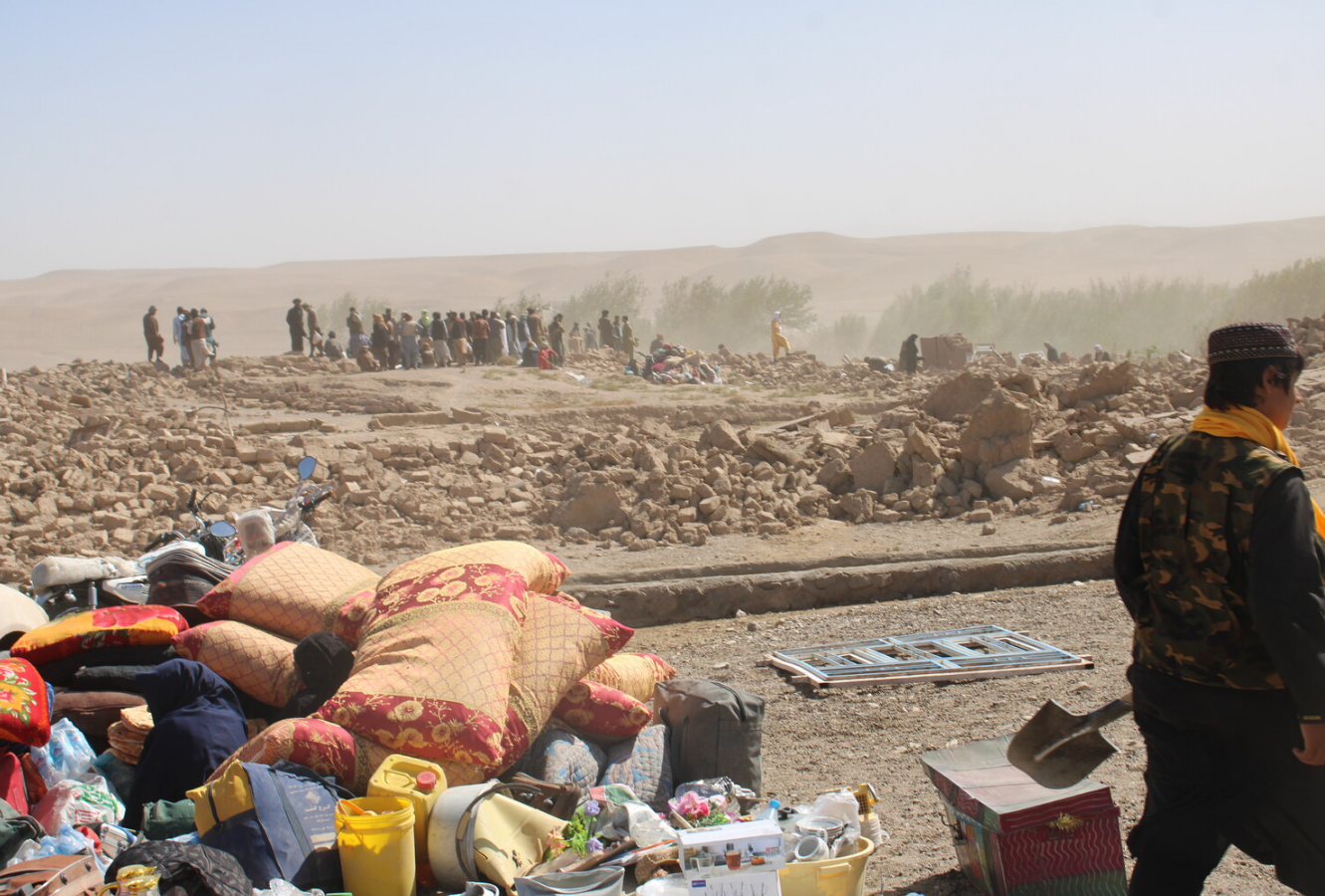
Millions affected by war, climate emergencies and earthquakes brace for winter
Displaced populations across the globe face winter at a time when global humanitarian response plans face major funding gaps.
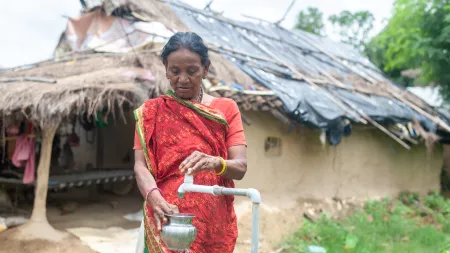
 Asia and the Pacific
Asia and the Pacific
Nepal ranks 142 out of 189 on the Human Development Index (HDI). CARE International works in Nepal to help to address some of the systemic and structural causes of poverty and social injustice.
CARE International began working in Nepal in 1978 as one of the first international aid agencies to operate in the country.
Today, CARE Nepal works to address the systemic and structural causes of poverty and social injustice, such as discrimination based on gender, caste, class, and ethnicity; poor governance; and vulnerability from conflict and natural disasters.
Our work in Nepal focuses on:
Since 2020, CARE International has responded to COVID-19 in Nepal. Response efforts have included creating clean drinking water and hand-washing stations, providing medical supplies such as PPE kits, and raising awareness about vaccines.
We are also responding to an increase in gender-based violence during the pandemic through sharing violence prevention messages and providing psychosocial support and referral services to those affected by violence.

Displaced populations across the globe face winter at a time when global humanitarian response plans face major funding gaps.
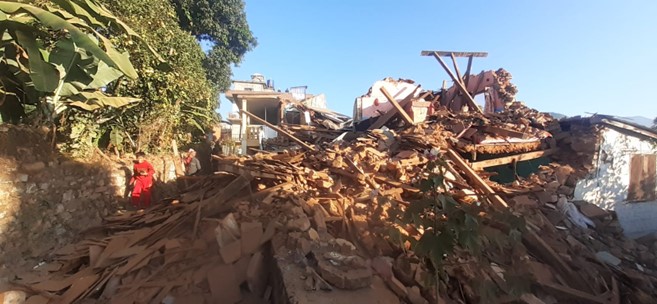
First batch of emergency aid including blankets, shelter and dignity kits, has already been sent to support affected communities.
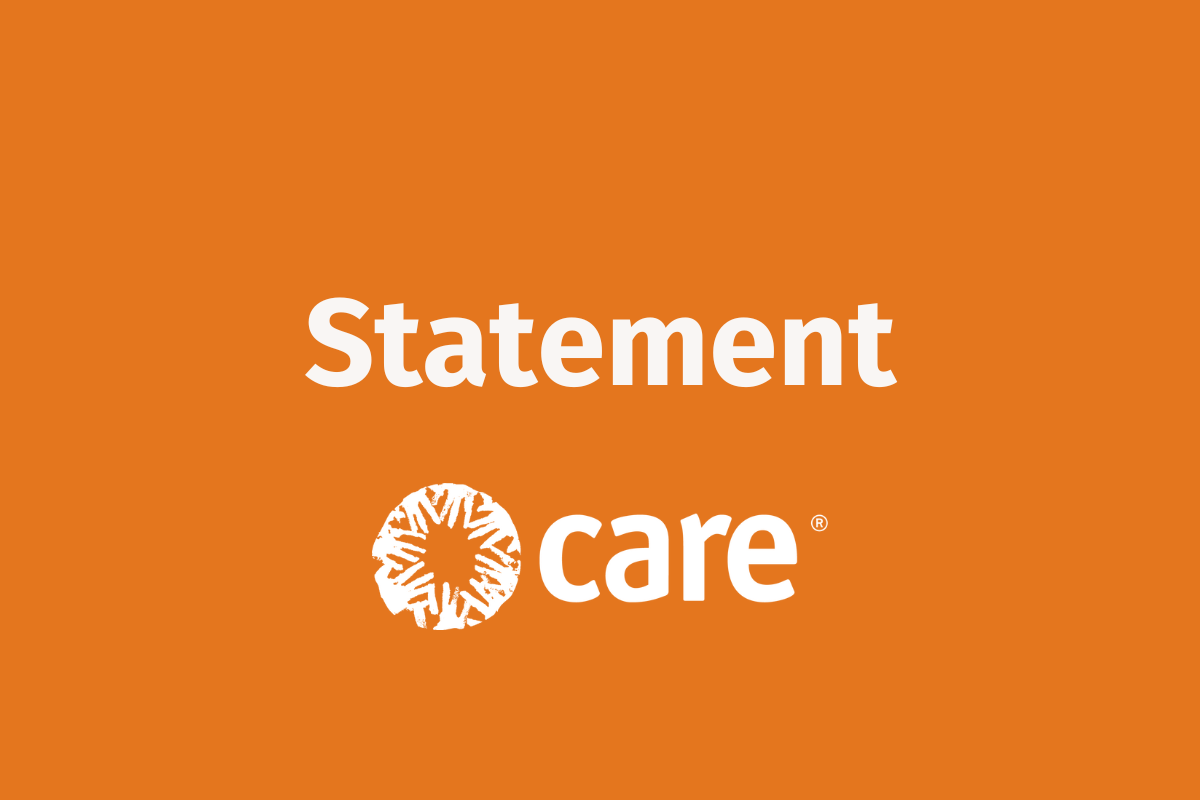
Preliminary reports indicate that the earthquakes have resulted in over 25 injuries, 1 fatality, damage to 6 schools, and 350 plus houses and buildings in the affected area.

The contract farming model in Nepal has supported landless farmers to lease cultivable land for five to ten years. Initiated by the National Farmers’ Groups Federation (NFGF) along with technical support from CARE, has helped the landless in a journey towards a more nourished and sustainable life.
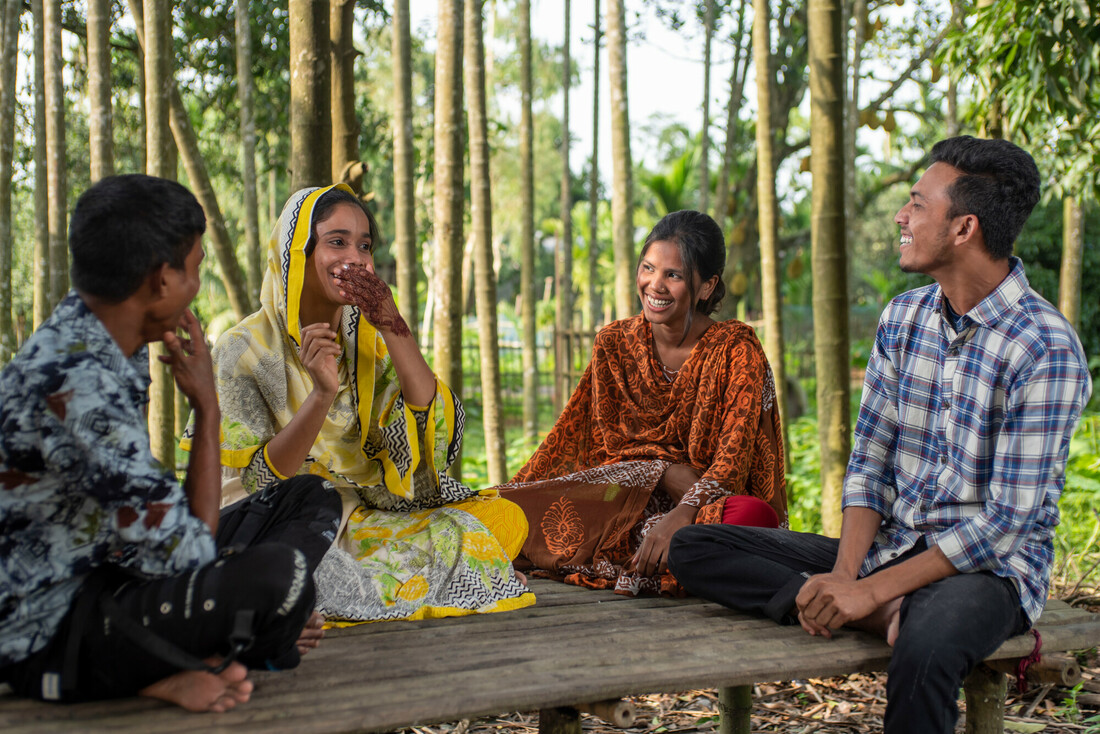
The Tipping Point Initiative in Bangladesh has reduced the risk of child marriage by a ground-breaking 63% and it’s helped girls realize that they too, can have a say in their future.
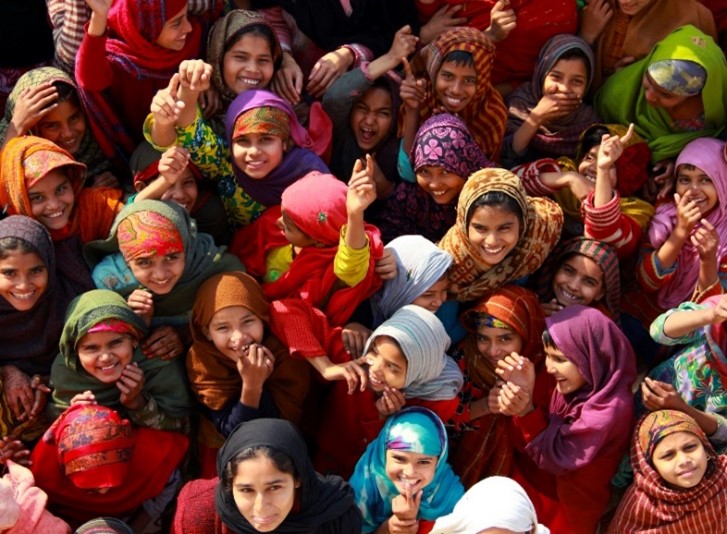
First developed in 1999, the Strengthening Opportunities for Adolescent Resilience (SOAR) is a multi-country initiative working with Ministries of Education to provide accelerated education for out-of-school adolescents, particularly girls, enabling them to acquire key academic and life skills.
This report highlights CARE's most important initiatives in Nepal in 2021.
English: Intersections of violence against women and girls with state-building and peace-building: Lessons from Nepal, Sierra Leone and South Sudan POLICY BRIEF “For me, addressing VAWG should be part of peace-building… it was not regarded as part of
In FY2023, CARE worked around the world, contributing to saving lives, fighting poverty, and increasing social justice.